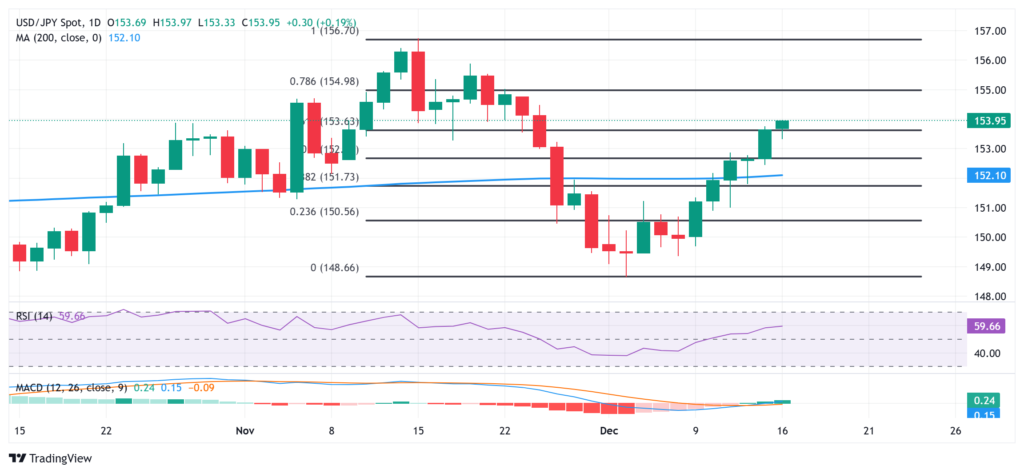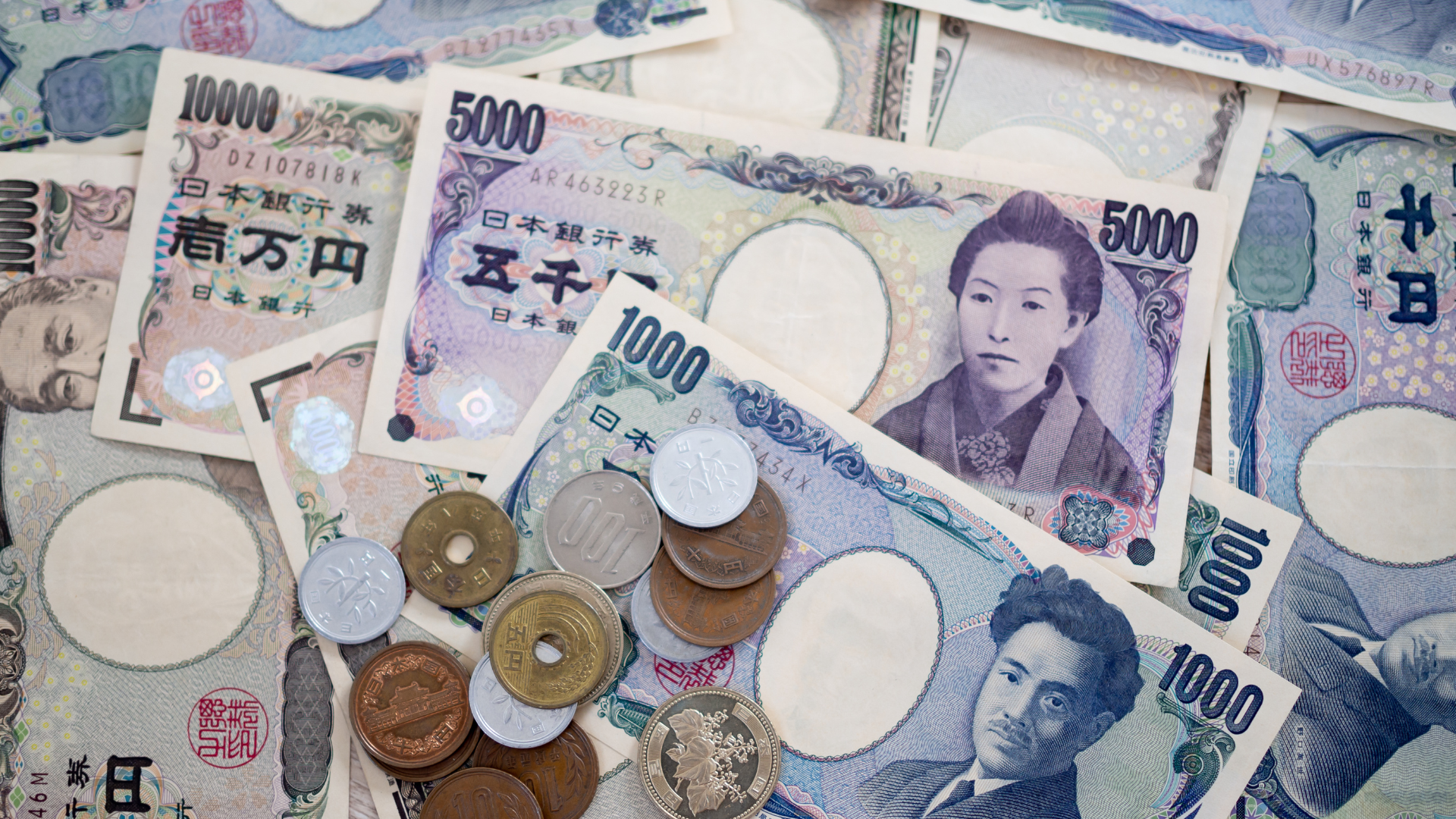The Japanese yen remains under pressure against the U.S. dollar, despite ongoing speculation over potential interest rate hikes from the Bank of Japan (BoJ). As investors grow skeptical of the BoJ’s ability to tighten policy in the near future, the yen has failed to capitalize on the broader global shift toward higher interest rates.
The yen traded at 145.80 per dollar on Monday, maintaining a slight decline from the previous week. This comes as the market braces for the BoJ’s next monetary policy decision, with many questioning whether Japan’s central bank will follow the global trend of raising interest rates or remain dovish.

Market participants have been closely watching the BoJ’s stance, particularly after recent remarks by BoJ officials who emphasized the need for continued stimulus to support the fragile Japanese economy. These comments have fueled skepticism about a rate hike anytime soon, further weighing on the yen.
In contrast, the U.S. Federal Reserve has adopted a more aggressive tightening stance, with the dollar benefiting from higher interest rates. The yen’s relative weakness is also exacerbated by Japan’s ongoing struggle with deflationary pressures and sluggish economic growth, which have kept the BoJ from making significant policy changes.
Despite speculation surrounding the BoJ’s next move, analysts suggest that the Japanese currency could remain under pressure in the short-term, especially if the global economic outlook continues to favor a stronger dollar. As uncertainty lingers over the BoJ’s policy direction, the yen’s outlook will depend heavily on any signals of change in Japan’s monetary approach.
















